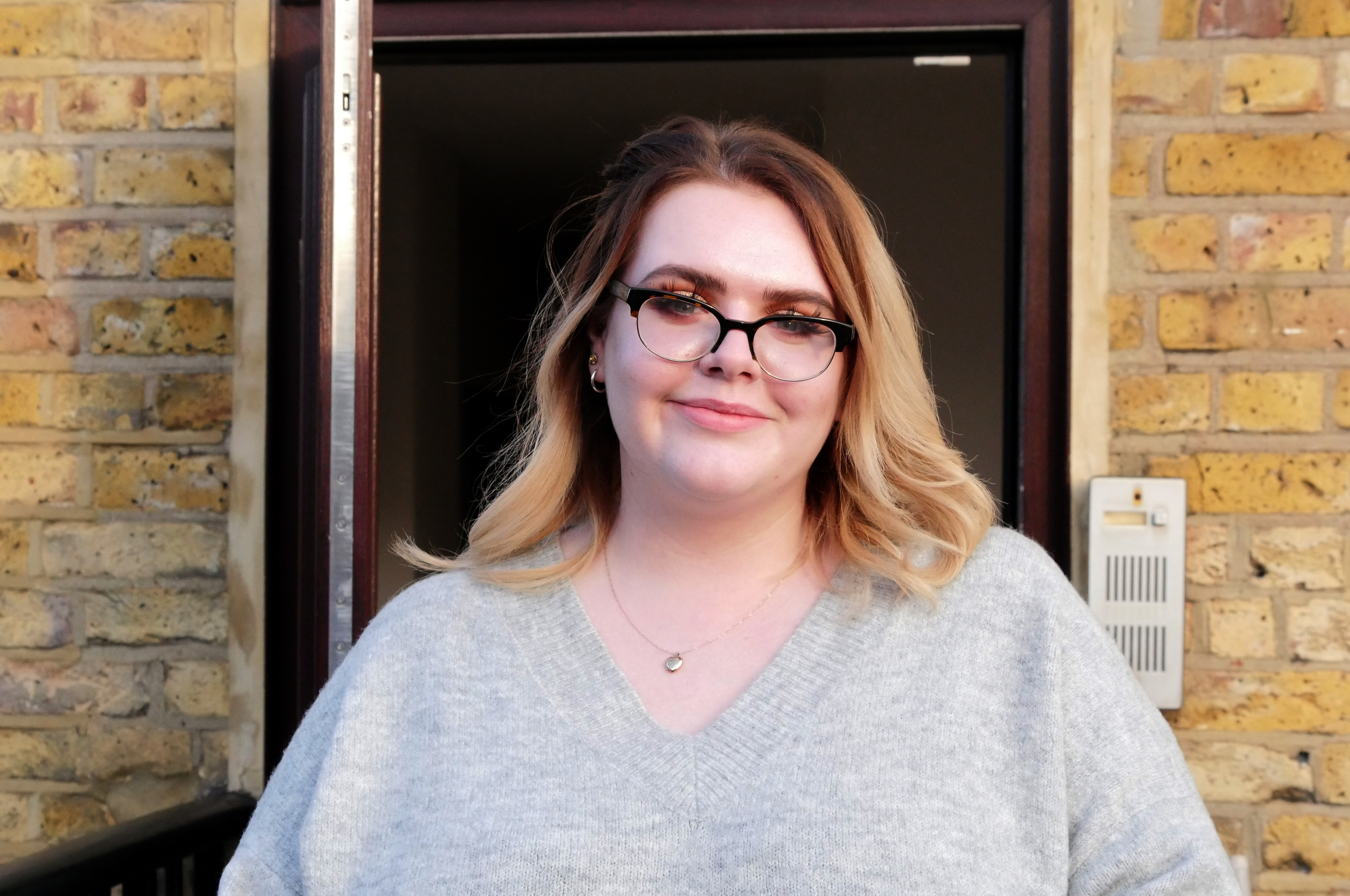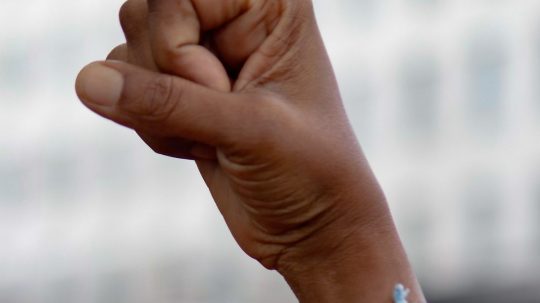Black women are more likely than people from any white background to be detained under the Mental Health Act (MHA). Black people are four times as likely to be detained under the MHA and over 11 times more likely to be given a community treatment order (CTO). Meanwhile, a previous investigation by EachOther and openDemocracy revealed that women are disproportionally detained under the Act.
A CTO is made by a clinician to give supervised treatment in the community. This means people can be treated in the community for mental health problem, instead of going to hospital. A CTO lasts for six months from the date of the order. But it can be renewed.
Some minorities are also more likely to spend longer in detention, experience multiple detentions, and be detained through contact with emergency departments or the criminal justice system.
Calls have been made to scrap most CTOs due to them being too restrictive and their disproportionate use. Mind, a mental health charity, also backed the Joint Committee on the Draft Mental Health Bill’s proposal to monitor CTOs but said it would “carry on pushing for this to also apply for the criminal justice system”.
Inequalities have not been addressed since 2018
On the 19 January 2023 the Joint Committee on the Draft Mental Health Bill has now published its report on the Bill.
The Joint Committee on the Draft Mental Health Bill said: “Data shows that the racial and ethnic inequalities that the independent review was set up to tackle have not improved since the review was commissioned. This is unacceptable. We recommend that all health organisations be required to appoint a responsible person to collect and publish data on, and oversee policies to address, racial and ethnic inequalities.”
The number of people held under Section 2 of the MHA, which permits involuntary detainment in hospital for up to 28 days, rose by 25% during the first Covid-19 lockdown, according to data obtained by EachOther and OpenDemocracy in 2021.
The joint investigation revealed wide-ranging FOI results from 44 of the 53 NHS England trusts also revealed that the rate of mental health detentions rose by more than a quarter in four trusts during Covid-19 restrictions.
What is the Mental Health Bill?
The draft bill has come about off the back of the 2018 Independent Review of the Mental Health Act (1983). The review made recommendations to address the rising number of people detained under the MHA, especially ‘Black or Black British’ people, who are four times more likely to be detained than people from ‘any white background’.
The Independent Review’s report identified four core principles to its work and structured recommendations around them:
- Choice and autonomy – ensuring service users’ views and choices are respected;
- Least restriction – ensuring the Act’s powers are used in the least restrictive way;
- Therapeutic Benefit – ensuring patients are supported to get better, so they can be discharged from the Act; and
- The Person as an Individual – ensuring patients are viewed and treated as rounded individuals.
The review recommended that the principles be embedded in the MHA; however, the principles have not been included in the draft bill as the government have said it would be too complex. Instead, the government are proposing to write the principles into a code of practice.
The Runnymede Trust stated: “Action to tackle racial bias in mental health is long overdue Everyone should be supported to receive appropriate community-based mental health support. Instead, under the Mental Health Act, Black people are four times more likely to be detained.”
Including the principles in the bill was encouraged by the majority of professionals, care organisations, charities, academics and lawyers that the joint committee spoke to.
Professor Tim Kendall, NHS England’s national clinical director for mental health, supported their view: “It would be right to have them in the bill. I am not underestimating how complex that might be because of legal changes that might need to be made to other parts of the Bill, but this is heralding the beginning of what we hope will be a major change in the way we deliver mental health care and care for people with learning disabilities and autism.”





